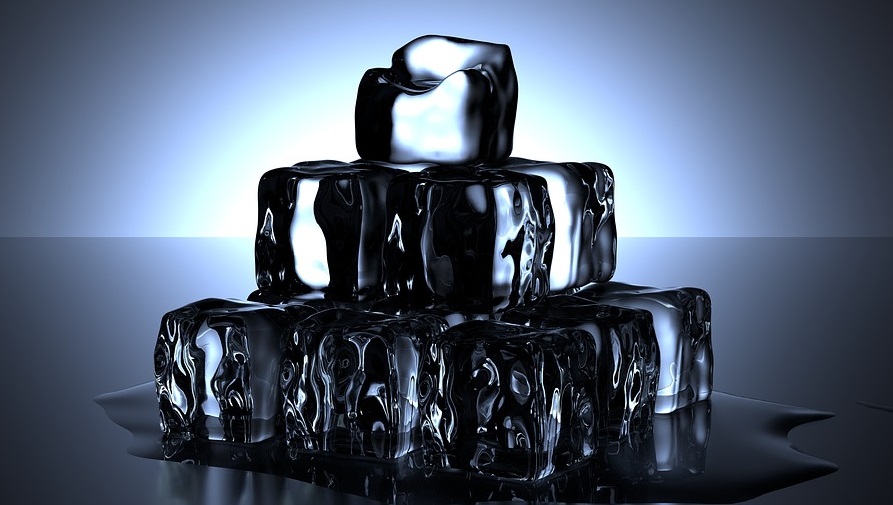
Commercial refrigeration is vital to any business that deals with food and drink. Making the right decision can cause major headaches when initially choosing equipment and many think that once this task is complete it is the end of the issue; unfortunately your refrigeration won’t last forever. So how do you know when it’s time to begin the search again?
You may begin to notice subtle changes in performance before anything major goes wrong – don’t ignore the warning signs! It is often those little niggles that give a heads up that something’s not quite right. You may see a decrease in efficiency, the inability to hold consistent temperatures, fogging of glass or icing up. You live with your refrigeration day in day out and understand how it typically performs; any change even slight should be noticeable. Jumping on any issues before they grow could see you extend the lifespan of your refrigeration and maximise your investment.
So are these small hiccups just a blip or do they signal that replacements are in order? One of the main questions you should be asking yourself is how long have you had the equipment? You could repair small elements however once a number of problems arise you may end up spending more in repairs than the initial cost of the unit. The level of cover and the warranty period you received with the purchase will influence your decision making; if it’s still covered by a full parts and labour warranty it would be foolish not to make use of it. Should you be outside of the warranty, then it may be time to consider replacement especially if performance is impaired.
There is some basic advice which can help to prolong the life of your cabinets and which could reduce the likelihood of premature problems.
- Appropriate positioning of refrigeration should allow sufficient airflow to pass over the major components reducing pressure and stress.
- Before loading your stock allow the cabinet to reach optimum operating temperature. Equally distribute the load to ensure chilled air is unimpeded.
- Only use as intended. For example, don’t be tempted to load warm/hot items; the unit may not be designed to pull down temperatures, instead the internal temperature will automatically rise causing the compressor and condenser to work harder.
- Clean all parts of the equipment regularly, both internal and external, observing careful maintenance and recommended service instructions.
- If in doubt call out an engineer. Commercial refrigeration in all forms is a complex thing and needs professional know-how to deal with any issues.
Commercial refrigeration is expensive but choosing a quality build from a respected manufacturer could see you make savings in the future. Remember to research your proposed units before purchase to guarantee you choose the correct capacity, power and dimensions etc. for your requirements. Take a look at our useful buying guides to point you in the right direction.
Don’t wait for your refrigeration to completely give up the ghost before deciding it’s time for a replacement but rather when you notice a drop in performance, reliability and consistency. Not only will you add to your stress levels and panic but could potentially lose stock with your business left compromised until new equipment can be purchased.

Leave a Comment
Your email address will not be published. Required fields are marked *